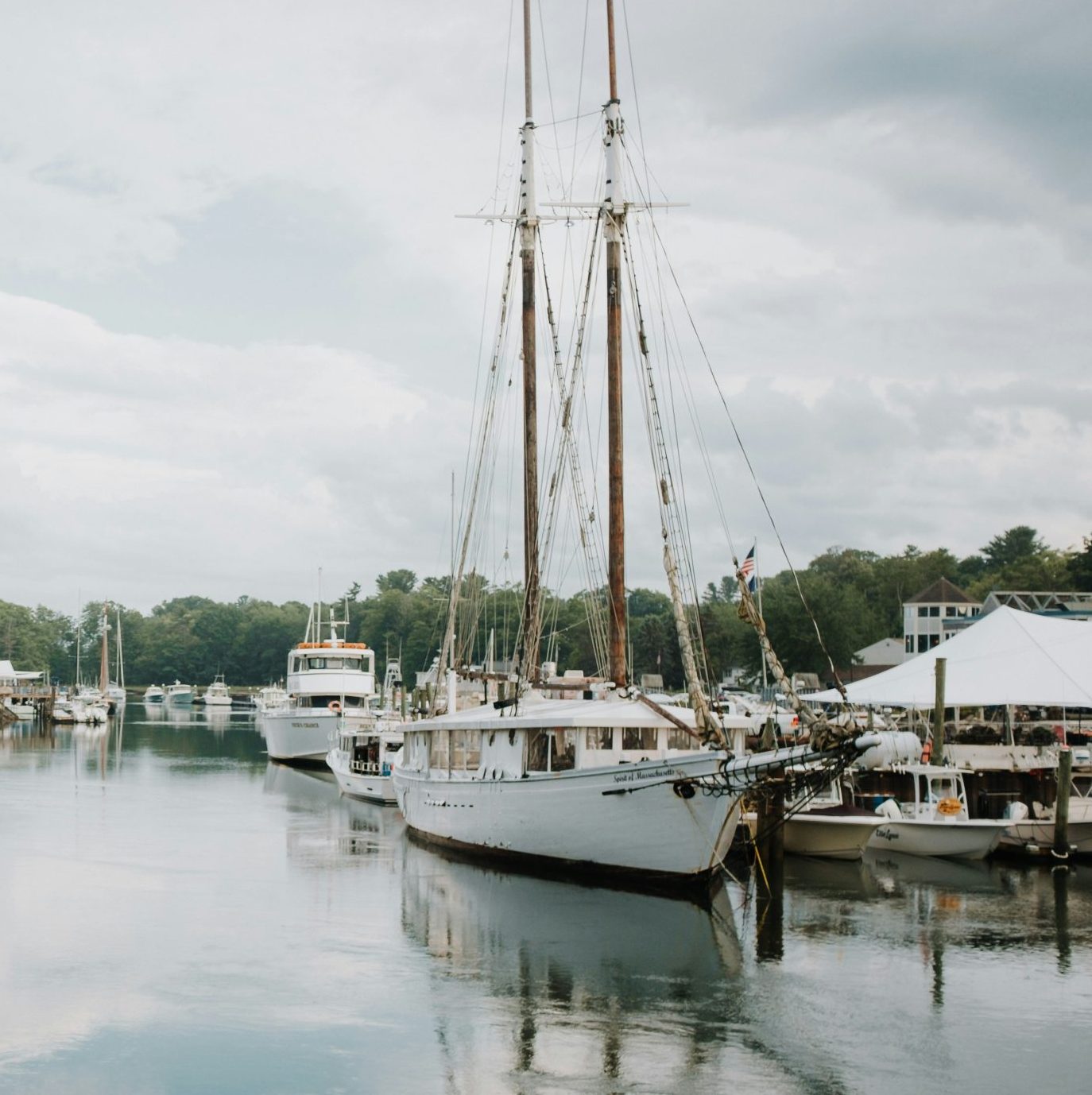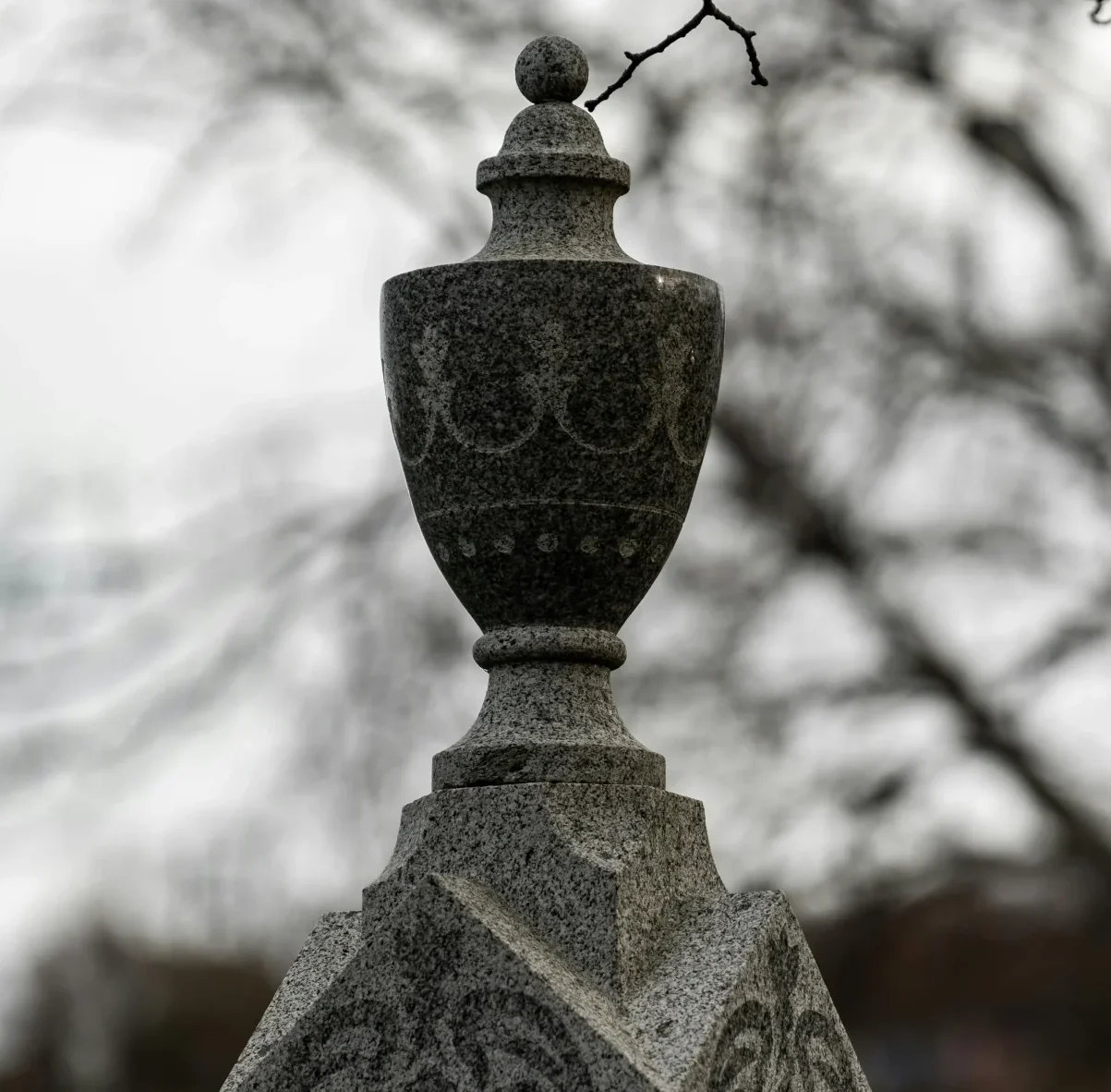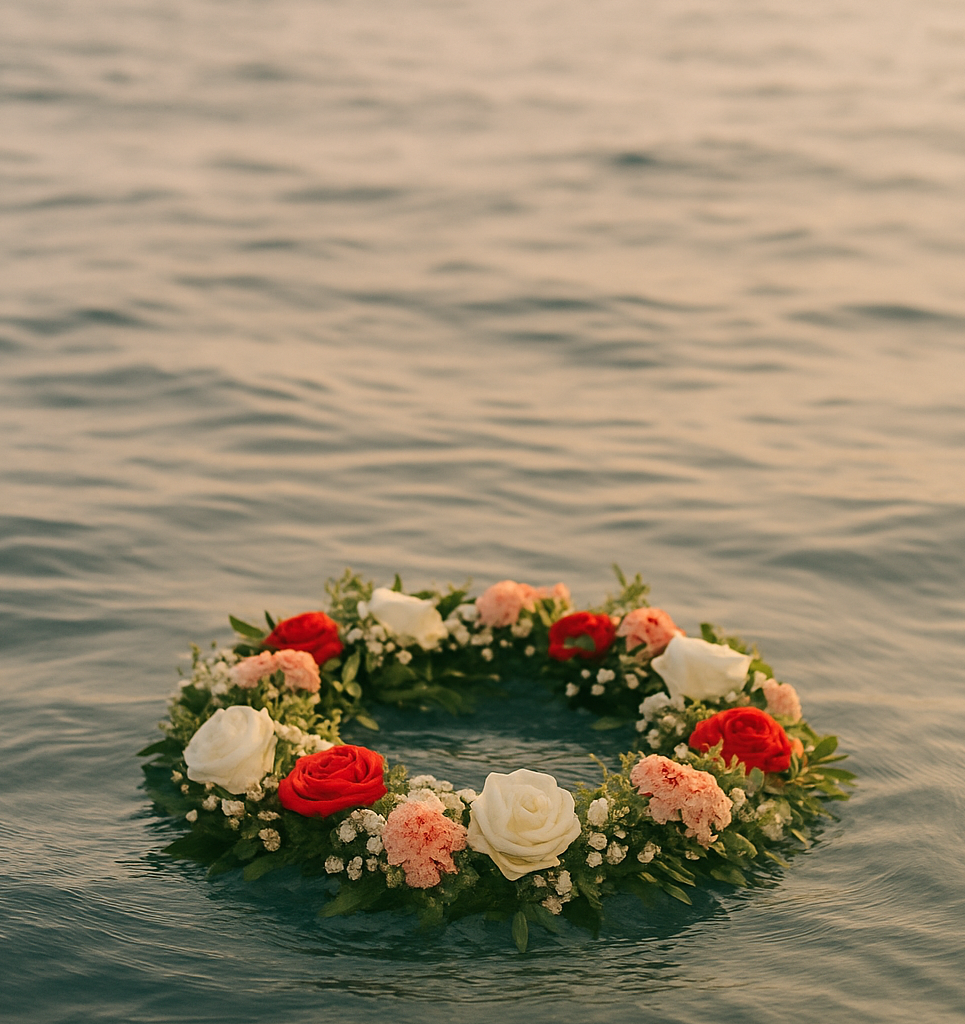The History and Symbolism of Burials at Sea
For centuries, the ocean has served as a final resting place for those who lived and worked upon its waters. A burial at sea is more than a practical ceremony — it is steeped in history, tradition, and symbolism.
Today, families continue to choose sea burials not only for their practicality and beauty, but also for the deep cultural and emotional significance this ritual carries.



